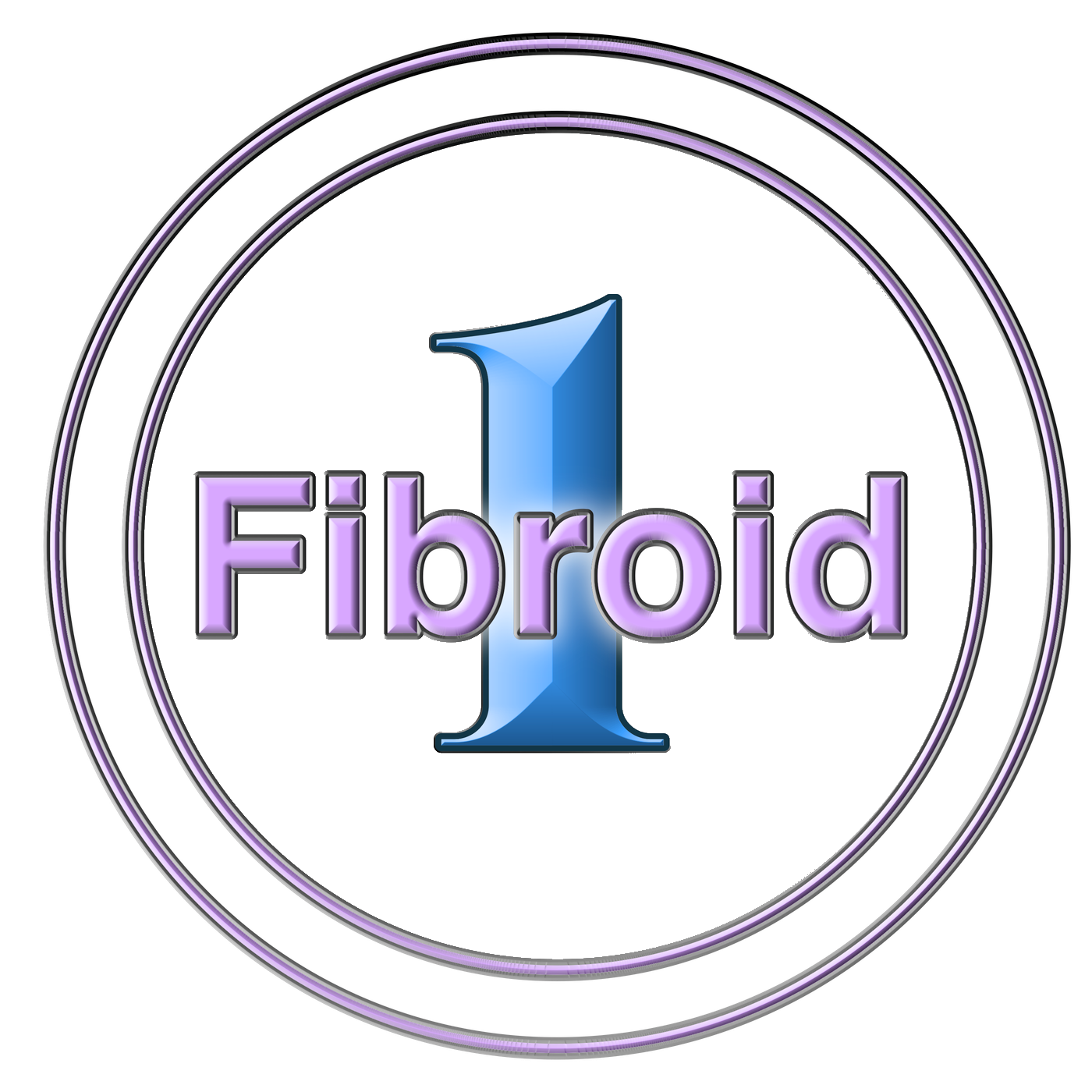
Women’s Voices: Sharing Fibroid Treatment Experiences
For many women, uterine fibroids are more than a diagnosis—they are a daily reality that can affect work, relationships, and overall well-being. At 1Fibroid, which

How Environmental Toxins May Influence Fibroid Risk
Fibroids, or uterine leiomyomas, are benign growths of the uterus that can affect a significant portion of women during their reproductive years. While genetics and

Understanding the Role of Estrogen in Fibroid Development
Fibroids, also known as uterine leiomyomas, are noncancerous growths that form in the uterus. While their exact cause is multifactorial, hormones—particularly estrogen—play a central role

The Importance of Fibroid Awareness in Women’s Health
Fibroids are noncancerous growths that develop in or around the uterus and can affect women of all ages, particularly those in their reproductive years. Despite

Can Diet Help Control Fibroid Growth?
Many women diagnosed with uterine fibroids wonder whether dietary choices can influence the growth or development of these benign tumors. At 1Fibroid, serving Manhattan, Queens,

Why Monitoring Fibroids Is Just as Important as Treating Them
For women diagnosed with uterine fibroids, managing their health involves more than just treatment. At 1Fibroid, serving Manhattan, Queens, and Rego Park, NY, understanding the

What to Expect During a Fibroid Ultrasound
For many women experiencing pelvic discomfort or irregular menstrual cycles, a fibroid ultrasound is often the first step in identifying uterine fibroids. At 1Fibroid, serving

Are Fibroids Hereditary? Exploring Genetic Risk Factors
Fibroids, also known as uterine leiomyomas, are common non-cancerous growths in the uterus that can affect millions of women. Symptoms vary widely, ranging from heavy

How to Talk to Your Partner About Living with Fibroids
Living with fibroids can be challenging, both physically and emotionally. Symptoms such as heavy menstrual bleeding, pelvic pain, fatigue, and bloating can affect daily life,

The Pros and Cons of Natural Remedies for Fibroid Symptoms
Fibroids are non-cancerous growths in the uterus that can cause a range of symptoms, including heavy menstrual bleeding, pelvic pain, and pressure on surrounding organs.

The Cost of Treating Fibroids: What to Expect Financially
Fibroids are noncancerous growths of the uterus that can require various treatments depending on their size, number, and impact on symptoms. At 1Fibroid, serving Manhattan,

How Fibroids May Interact with Perimenopause and Menopause
Fibroids are noncancerous growths of the uterus that are sensitive to hormonal changes, particularly estrogen and progesterone. As women approach perimenopause and menopause, these hormones

What You Should Know About Living with Multiple Fibroids
Fibroids are noncancerous growths of the uterus that often appear during a woman’s reproductive years. While a single fibroid can sometimes go unnoticed, living with

Preparing for Your First Fibroid Consultation
Scheduling your first consultation to discuss uterine fibroids can bring a mix of emotions: relief that you’re seeking answers, uncertainty about what comes next, and

Nutrition Tips to Help Manage Fibroid Symptoms
Uterine fibroids can cause a range of symptoms such as heavy periods, pelvic pain, bloating, and fatigue. While treatment options like Uterine Fibroid Embolization (UFE),

How to Plan a Worry-Free Trip When Traveling with Fibroids
Living with uterine fibroids can add complexity to daily life, especially when you’re planning to travel. Whether you’re taking a quick weekend trip or flying

Post-Treatment Monitoring: Managing Recurrence of Uterine Fibroids
For many women, receiving treatment for uterine fibroids brings much-needed relief from disruptive symptoms like heavy periods, pelvic pressure, and fatigue. But treatment is only

Integrative and Lifestyle Approaches for Pelvic Congestion Syndrome
Pelvic Congestion Syndrome (PCS) is a chronic condition that affects many women, often going undiagnosed for years due to its vague symptoms and overlap with

What to Expect After UFE: Recovery and Outcomes
If you’ve chosen or are considering Uterine Fibroid Embolization (UFE) as a path toward fibroid relief, it’s natural to want a clear picture of what

What To Know About Hormone Therapy for Fibroid and Adenomyosis Management
Living with uterine fibroids or adenomyosis can bring a range of symptoms that interfere with everyday life, from heavy, prolonged periods to pelvic pain and

Can Stress Worsen Fibroid Symptoms?
Living with uterine fibroids can already feel like a physical and emotional balancing act. The symptoms—ranging from heavy menstrual bleeding and pelvic pressure to chronic

Technology in Gynecology: Tools Advancing Fibroid Treatment
If you’re living with uterine fibroids, you’ve likely seen how much treatment options have changed over recent years. New tools and imaging techniques are making

How to Talk to Your Doctor About Pelvic Pain
Pelvic pain can be difficult to describe and even harder to bring up during a doctor’s visit. Whether your symptoms are new, ongoing, or worsening,

How Your Menstrual Cycle May Be Affected by Fibroids
Uterine fibroids are non-cancerous growths that develop in or around the uterus. While many women with fibroids experience no symptoms at all, others may notice

Comparing Embolization Outcomes With Traditional Surgery
When facing treatment options for uterine fibroids, it’s natural to feel overwhelmed. Surgery has long been a common path, but in recent years, uterine fibroid

How Pelvic Congestion Syndrome is Often Misdiagnosed
Pelvic Congestion Syndrome (PCS) is a condition that affects many women, yet it frequently goes unrecognized or is misdiagnosed as another disorder. For women who

Exploring the Relationship Between Estrogen and Fibroid Development
Fibroids are a common concern for many women during their reproductive years. While they are benign growths of the uterus, they can lead to symptoms

How Imaging Tools Help Differentiate Between Fibroids and Adenomyosis
Fibroids and adenomyosis are two common uterine conditions that can share many of the same symptoms: heavy menstrual bleeding, pelvic pain, and bloating among them.

Choosing the Right Fibroid Treatment
Uterine fibroids are a common condition that affects many women, with symptoms ranging from heavy menstrual bleeding and pelvic pain to frequent urination and back

Menstrual Irregularities Caused by Fibroids and Adenomyosis
For many women, experiencing irregular periods can be a frustrating and confusing aspect of their reproductive health. While occasional changes in the menstrual cycle are
